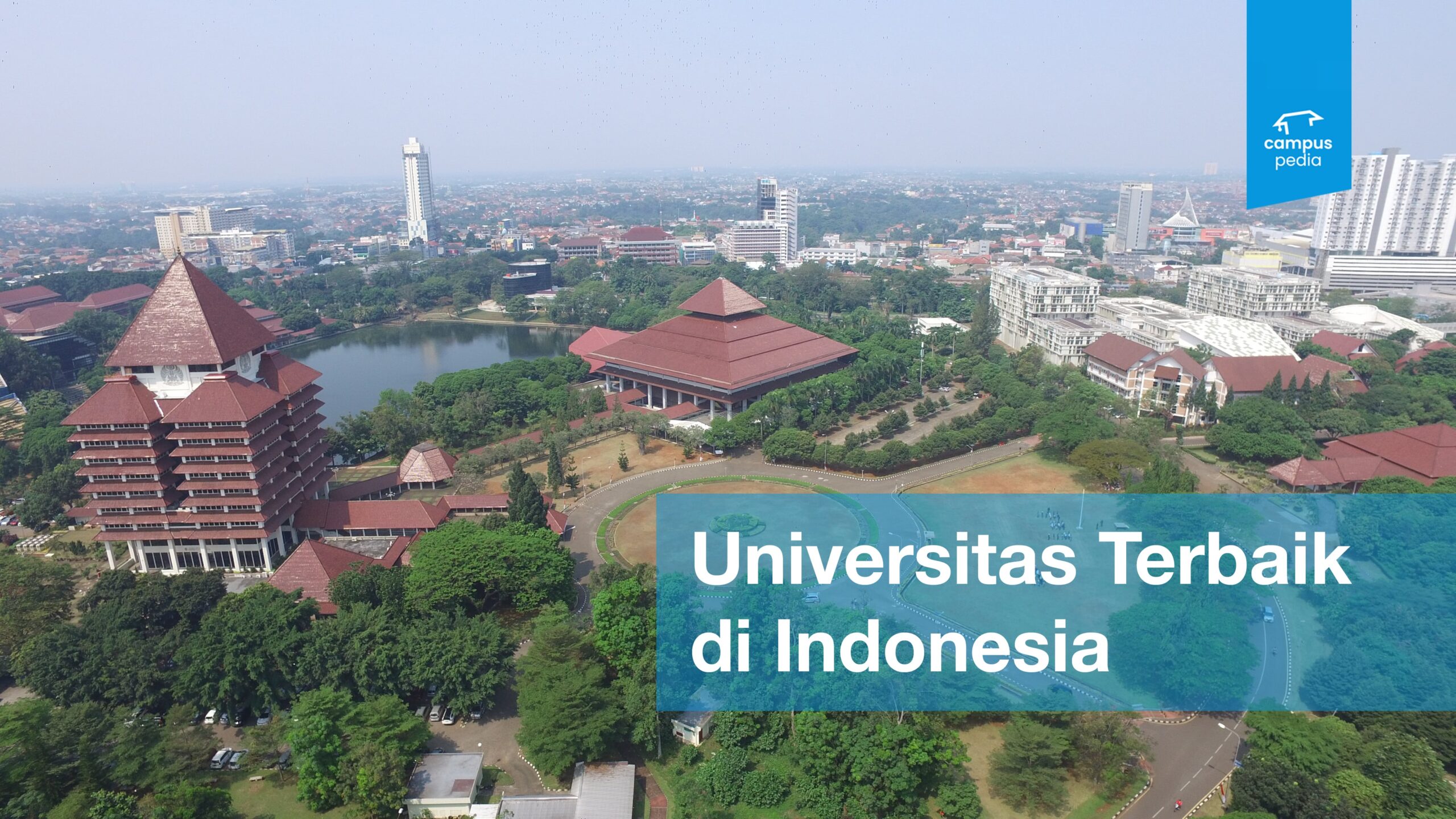Understanding Akreditasi Universitas Aceh: A Complete Guide
What is Akreditasi?
Akreditasi is a systematic evaluation of educational institutions to determine their quality of education, governance, and compliance with established national and international standards. In Indonesia, the National Accreditation Board for Higher Education (Badan Akreditasi Nasional Perguruan Tinggi, or BAN-PT) administers this process. Akreditasi ensures that universities provide education that is valuable and adheres to specific criteria, which helps maintain educational standards across the nation.
The Importance of Akreditasi for Universitas Aceh
Universitas Aceh, located in the province of Aceh, holds a significant place in Indonesia’s higher education landscape. Achieving accreditation is crucial for the university, impacting its reputation and the value of the degrees it confers. Accredited programs attract students, faculty, and funding, while unaccredited programs struggle with enrollment and financial sustainability. Akreditasi also enhances student employability, as employers often prefer graduates from accredited institutions.
The Accreditation Process
The accreditation process consists of several essential steps:
-
Self-Assessment: The university must conduct a comprehensive self-assessment to evaluate its educational quality, resources, administrative practices, and outcomes. This internal review is vital to identify strengths and weaknesses.
-
Documentation: After self-assessment, the university collects and organizes relevant documents, including curriculum details, faculty qualifications, student achievements, and facilities information. This documentation supports the self-assessment findings.
-
Site Visit: Following the submission of documentation, a team of evaluators from BAN-PT visits Universitas Aceh. This team conducts interviews, observes teaching methods, and assesses resources to verify the information provided.
-
Evaluation Report: After the site visit, the evaluators compile a report summarizing their findings. They consider criteria such as curriculum design, teaching effectiveness, research output, student services, and institutional governance.
-
Accreditation Decision: Based on the evaluation report, BAN-PT makes an accreditation decision, categorizing the institution as either “Accredited” with different grades (A, B, C) or “Not Accredited.”
Types of Accreditation Offered
Akreditasi in Indonesia includes several types. Universitas Aceh can pursue Program Accreditation for individual study programs or Institutional Accreditation for overall institutional quality.
-
Program Accreditation: This focuses on specific study programs, ensuring they meet academic standards. Each program undergoes rigorous assessment to ensure graduates meet industry requirements.
-
Institutional Accreditation: This broader evaluation assesses the university as a whole, providing an overview of its performance and effectiveness in delivering quality education.
Impact of Accreditation on Students
For students enrolled at Universitas Aceh, accreditation assures them of the quality of their education. It fosters confidence in the curriculum and faculty, ensuring that they receive a valuable learning experience. Additionally, accredited degrees enhance employability, as employers are more likely to recognize and trust the qualifications awarded by accredited institutions. Many scholarships also require students to be enrolled in accredited programs.
Challenges Facing Universitas Aceh’s Accreditation
Despite its importance, ensuring and maintaining accreditation can pose challenges. These may include insufficient financial resources, outdated teaching methodologies, limited research facilities, and difficulty attracting qualified faculty members. To overcome these obstacles, Universitas Aceh must prioritize investments in faculty development, infrastructural updates, and student support services.
Steps to Prepare for Accreditation
To navigate successfully through the accreditation process, Universitas Aceh must adopt proactive measures:
-
Continuous Quality Improvement: Implementing mechanisms for continuous evaluation of academic programs and adapting to changes in industry standards is essential.
-
Stakeholder Engagement: Engaging faculty, students, alumni, and industry partners allows Universitas Aceh to align its programs with market demands and expectations.
-
Capacity Building: Regular training programs for faculty and administrative staff contribute to enhancing the overall quality of education and governance structures.
-
Data-Driven Decision-Making: Utilizing data analytics to evaluate student performance and institutional effectiveness can guide improvements in teaching and learning processes.
Staying Updated on Accreditation Standards
Universitas Aceh must remain updated on the changing accreditation standards and guidelines set by BAN-PT. This knowledge can be gained through regular participation in workshops and seminars on accreditation and higher education quality assurance.
Conclusion
Understanding the akreditasi of Universitas Aceh is vital for all stakeholders involved, from students to faculty and administration. By comprehensively engaging in the accreditation process and addressing challenges, the university can enhance its educational offerings and reputation, ensuring its graduates are well-equipped for the workforce.

